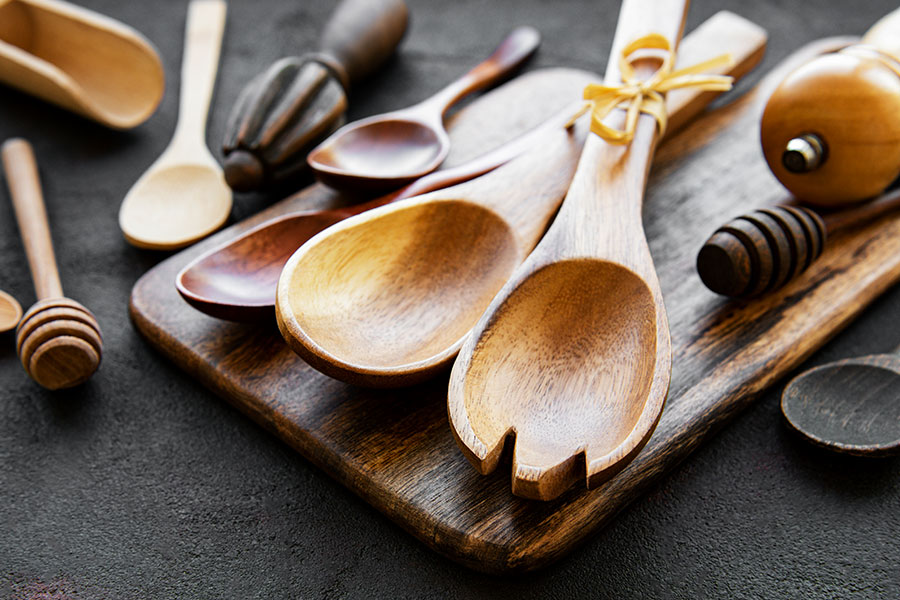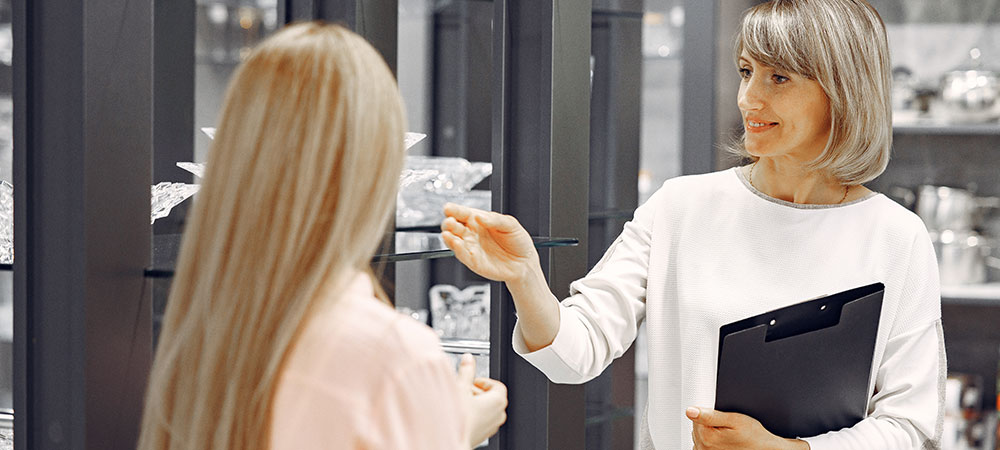
Neel Patel May 5, 2022
Top 5 Benefits Of Using Promotional Utensils For Your Business!
Every entrepreneur’s dream is to see their company expand rapidly while still surviving the intense competition found on the internet. Marketing tactics that have been around for decades are outdated. Using promotional items may increase sales and a greater return on investment for both large and small companies.
Customers are more likely to reuse and donate these things than dispose of them. Custom Promotional Utensils may have a positive impact on your marketing efforts.
● Ensure client retention

Loyalty to a company is more than just excellent goods and services. Customers are more likely to choose your brand over the competition if you provide them with free promotional things. There is a good chance they will see the value in continuing to do business with you.
No matter how established your company is, it doesn’t matter your development stage. Improve customer loyalty by encouraging your marketing staff to develop unique ideas for attracting and keeping new customers. Customers who have been loyal to your business might be rewarded from time to time with customized items.
● Promote a more robust customer connection

A strong network and deep connections are essential to the success of any business. If you take the time to build great relationships with your target clients, they will be more likely to spread the word about your business. It’s a great way to develop your brand’s authority in a particular market and build its credibility.
Utilize market research to learn about the wants and requirements of your target audience. Think about launching a social media competition or giveaway on Instagram or Facebook. If you want to increase user engagement and collect user-generated material, this is the best method to go about it.
Promoting your business with giveaways and corporate gifts is a great way to connect with your clients. Your organization may use it to launch new goods and services. In the words of branding experts, “having your logo visible everywhere isn’t the only goal. Your brand defines your company.
Effective branding involves expressing your values and vision to your target customers to attract, retain, and expand a loyal consumer base. This is precisely what we’ve been looking for.
● Promotional materials

It’s a different matter when properly promoting your company’s offerings. Communication, as they say, is essential. This is a perfect time to follow up with a discussion about your company. Then, after a few days with your promotional goods, why not check in with your lead to see how they’re doing? The generation of leads
It’s not uncommon for businesses to experiment with various lead generation methods to increase their ROI. There’s a chance that some of these strategies won’t pan out. Lead generation is significantly aided by promotional items, turning site visitors into long-term consumers.
The size of a product isn’t always important as long as it serves a purpose for the end-user. Make sure there is a clear call to action included. You may encourage visitors to learn more about your company and collect essential information on the landing page.
The use of promotional products is a marketing strategy that aids in the growth of your small company. Passing away promotional merchandise is a great way to get your brand in front of potential customers. Furthermore, consider the number of impressions that each promotional item will generate. You may be surprised to learn that 73% of those who got promotional products said they utilized them at least once a week. The promotional product was utilized at least once per day by 45 percent of individuals.
● The Power of Reputation Management

What does the term “branding” mean? Definition: branding is how a business uses its distinctive name, symbol, or design to sell its products and services. You may want to engage a graphic designer for your company’s branding.
Promotional items and branding don’t seem to go hand in hand, do they? Make your business stand out by using promotional merchandise. Your business logo or the design of your promotional goods may help you establish your brand when used in conjunction with promotional products.
● Assist branding

Pens, highlighters, sticky notes, bottle openers, caps, and bespoke t-shirts were part of their promotional product line. This separated them from the rest of the pack and gave them a distinctive look for their company logo.
Lead generation may be achieved via the use of promotional materials. On the other hand, it may assist boost sales for your company. It’s not uncommon for firms to have a tiered system of giveaways. If you’re trying to attract new customers, start with something cheap and work your way up to a promotional item that costs a little more if the person is interested in your brand. Using a multi-tiered strategy like this, you can be confident that a lead will turn into a customer.
What Is the Purpose of a Promotional Gift?
Promotional goods are objects that may be branded and given out to clients and other parties as a form of advertising. Promotional goods have become an essential part of the contemporary company, from clothing to office supplies to housewares. These goods may aid in establishing a company’s brand and products in the minds of prospective consumers over time.
Their examples may be seen in almost every aspect of modern life. T-shirt cannons are used to launch promotional items into the crowd during sporting events and other live performances. In some instances, new workers are given a “swag bag,” including company-branded things such as a notepad, water bottle, or cap. Attendees at trade shows may get a drawstring bag or a USB charger from sponsors. During a campus tour, prospective students may be given a t-shirt or writing tool with the school’s logo.
Promotional and marketing materials may be used in various ways by businesses. When it comes to using promotional products as a strategy for corporate development, corporations are in complete control.
Where Can Businesses Find Promotional Items?
Many vendors and distributors in the promotional materials sector service a wide range of businesses. There are two types of participants in the promotional items industry:
• In this case, we’re talking about suppliers: Promotional products are manufactured and customized by these companies based on the needs and desires of their distributors.
• Wholesalers and retailers: Companies like this promote and disseminate promotional items, passing along the demands and requirements of customers to the distributors.
A distributor is usually the first point of contact for businesses looking to buy promotional materials. Businesses place an order with their distributors after determining the kind and level of customization they want. The distributor then delivers the final product to the client when the supplier has finished creating it. Then, the client may provide promotional items to raise brand recognition and boost sales.
Conclusion!
They may take a variety of shapes and sizes. A company’s requirements, industry, and consumer base all play a role in which promotional goods are most effective. However, some promotional goods stand head and shoulders above the rest in appeal and efficacy.
The lifespan of a promotional product is often assessed by the number of impressions it receives. The number of times a person sees or is exposed to a promotional product or branding is meant by “impressions.” The utility and duration of a promotional product are generally linked to the product’s lifespan, which ends when the item deteriorates or is thrown away.